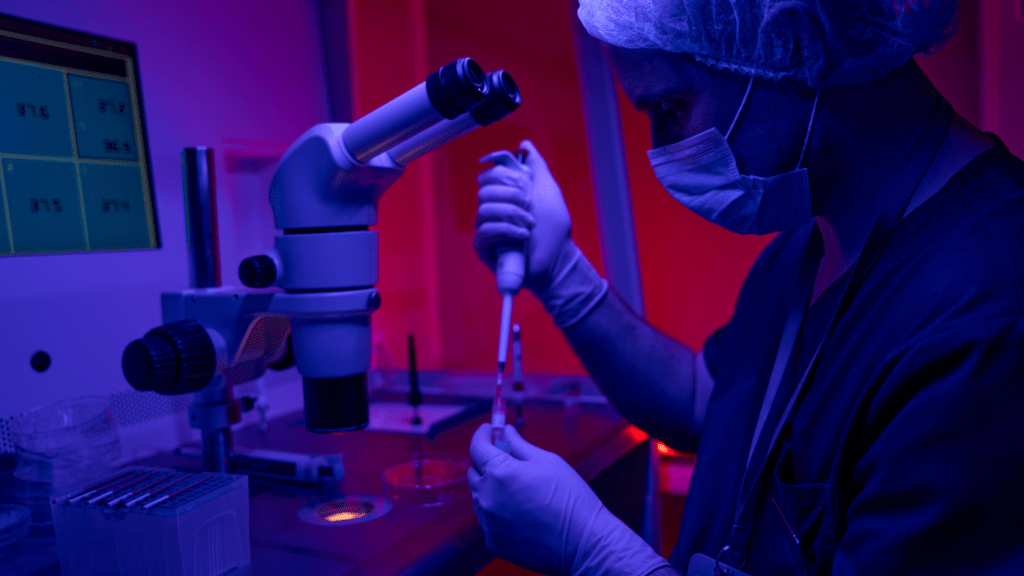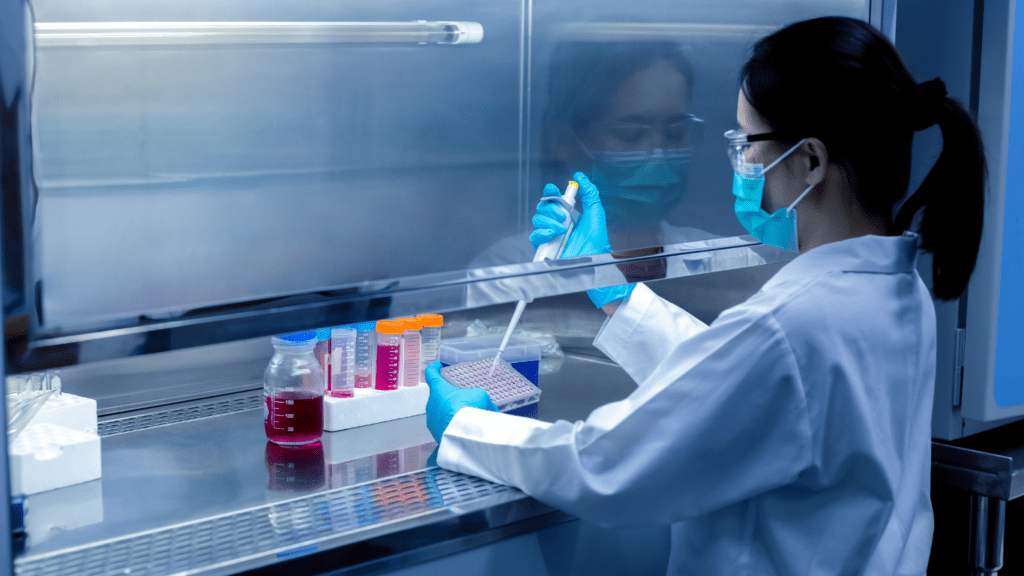Exciting breakthroughs in biotechnology and genetic engineering are revolutionizing the way we approach healthcare, agriculture, and environmental sustainability. As a passionate advocate for scientific innovation, I am thrilled to explore the latest advancements shaping our future. From gene editing techniques like CRISPR-Cas9 to the development of genetically modified organisms, the possibilities seem limitless.
In this article, I’ll delve into the cutting-edge research driving progress in biotechnology and genetic engineering. With a keen focus on the practical applications and ethical considerations, I aim to provide insights into how these technologies are reshaping various industries. Join me on this journey as we uncover the potential benefits and challenges posed by these groundbreaking developments.
Overview of Current Advances in Biotechnology
I’m thrilled to delve into the cutting-edge advancements in biotechnology and genetic engineering that are revolutionizing various sectors like healthcare, agriculture, and environmental sustainability. Let’s explore the latest breakthroughs in gene editing techniques and synthetic biology, uncovering their potential impact and ethical considerations.
New Techniques in Gene Editing
In gene editing, the utilization of CRISPR-Cas9 has sparked a new era of precision and efficiency. CRISPR-Cas9 allows scientists to target specific genes within an organism’s DNA with remarkable accuracy. With this technique, researchers can make alterations to genetic sequences, offering immense potential for treating genetic disorders, creating disease-resistant crops, and advancing personalized medicine.
Breakthroughs in Synthetic Biology
Synthetic biology has ushered in a wave of innovation by designing and constructing biological devices and systems that do not exist naturally. Scientists can now engineer biological parts and systems to perform specific functions, leading to the development of novel bioproducts, sustainable biofuels, and environmentally friendly solutions. The field of synthetic biology holds promise for addressing global challenges and creating new opportunities across industries.
Genetic Engineering: Agriculture and Environment

- Genetically Modified Crops
I’ve encountered various genetically modified (GM) crops during my research, which are engineered to possess specific desirable traits. These traits may include resistance to pests, diseases, or herbicides, as well as improved nutrient content. GM crops have been pivotal in increasing agricultural productivity and crop yields to meet the demands of a growing global population. For instance, crops such as Bt cotton, which produce their insecticide, have significantly reduced the need for chemical insecticides, benefiting both farmers and the environment. - Biotechnology in Environmental Management
In my exploration of biotechnology applications in environmental management, I’ve discovered innovative solutions that leverage genetic engineering for environmental conservation and sustainability. Biotechnological tools are being utilized to remediate polluted environments, enhance waste management processes, and develop biofuels from renewable resources. For example, genetically engineered microorganisms are employed to clean up oil spills by breaking down hydrocarbon pollutants efficiently. These biotechnological advancements offer promising opportunities to address environmental challenges and create a more sustainable future.
Medical Innovations Through Genetic Engineering
Genetic engineering has revolutionized medical technology, offering groundbreaking solutions in various aspects of healthcare. From gene therapy to personalized medicine, the advancements in biotechnology have paved the way for innovative medical applications that are tailored to individuals’ genetic makeup.
Gene Therapy and Disease Prevention
In gene therapy, defective genes are replaced or modified to treat or prevent diseases. This approach holds immense potential in combating genetic disorders such as cystic fibrosis and sickle cell anemia. By correcting the genetic abnormalities at their root, gene therapy offers a promising avenue for the treatment of a wide range of illnesses.
Personalized Medicine and Biotechnology
Personalized medicine utilizes a patient’s genetic information to customize treatment plans, maximizing efficacy and minimizing adverse effects. Biotechnology plays a vital role in this field by enabling the development of targeted therapies based on an individual’s unique genetic profile. This tailored approach to healthcare ensures that patients receive treatments that are specifically tailored to their genetic predispositions, leading to improved outcomes and enhanced quality of care.
Ethical and Regulatory Considerations
Ethical Issues in Genetic Modification
When considering genetic modification, it’s crucial to address ethical concerns surrounding the potential consequences of altering organisms’ genetic makeup. Questions arise regarding the implications of genetically modified organisms (GMOs) on ecosystems, the food chain, and human health. Ethical dilemmas also encompass issues of informed consent, equitable access to genetic treatments, and the moral implications of editing the human germline. These ethical considerations are paramount in ensuring the responsible advancement of genetic engineering technologies.
Global Regulations and Policies
Global regulations and policies play a vital role in overseeing and managing the application of biotechnology and genetic engineering practices worldwide. International bodies such as the World Health Organization (WHO) and the Food and Agriculture Organization (FAO) establish guidelines to ensure the safety and ethical use of genetically modified organisms (GMOs). Countries implement regulatory frameworks to assess the risks and benefits of genetic engineering in various sectors, including healthcare, agriculture, and environmental conservation. Harmonizing regulations on a global scale is essential to address ethical concerns and promote the responsible and sustainable adoption of biotechnological advancements.


